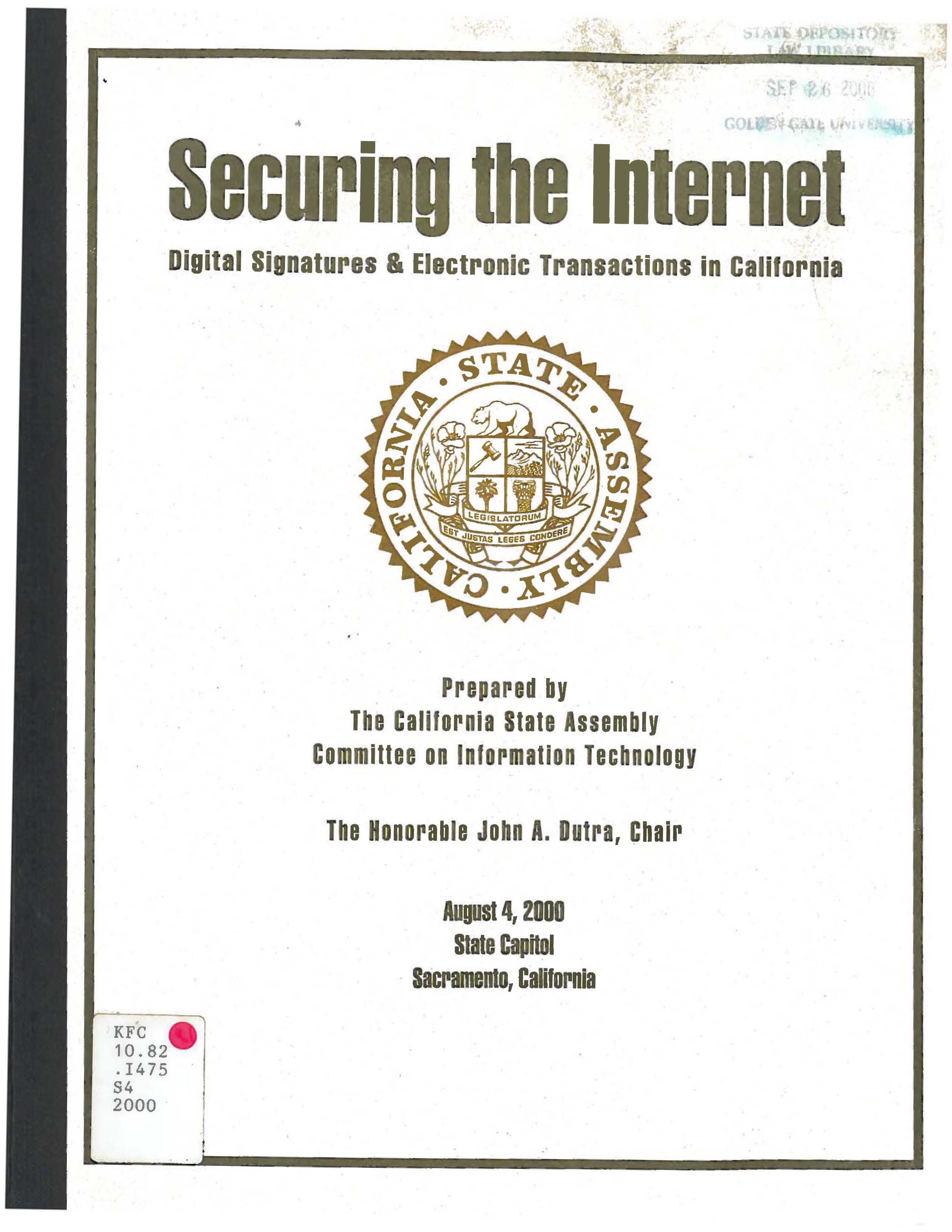Document Type
Cal State Document
Publication Date
6-2001
Abstract
Privatization is a term that includes competitive contracting as well as deregulation, divestiture, franchises, grants and subsidies, leases, public/private partnerships, service shedding (where a private firm assumes the ownership, control and delivery of a service), sale of assets, and vouchers. The privatization of government services can be broken down into levels based on how much responsibility government turns over to private firms. The most common level is when government maintains overall responsibility of services but contracts out auxiliary services such as accounting, billing or data base maintenance. The next level is the contracting out of day to day management while maintaining overall responsibility such as garbage and recycling in some communities. The final level is service shedding where a private firm both owns and manages the service provision of what many consider a government service, such as public utilities.
Technically, privatization means the transition of a service from being government operated to being run by a private firm. The term has also come to describe the provision of what is traditionally considered a public service by a private firm, whether or not a particular local government ever provided that service. For example, if a city never had a fire department of its own and hired a private firm to provide the service, even though the city's fire service did not convert from public to private provision, the act of using a private firm for the service might be described as privatization. In the context of this paper, this is how the term privatization will be used.
Recommended Citation
California Research Bureau and Johnston, Julia Lave, "Can You Save Money and Still Save Lives? The Debate Over Fire Department Privatization" (2001). California Agencies. 286.
https://digitalcommons.law.ggu.edu/caldocs_agencies/286

